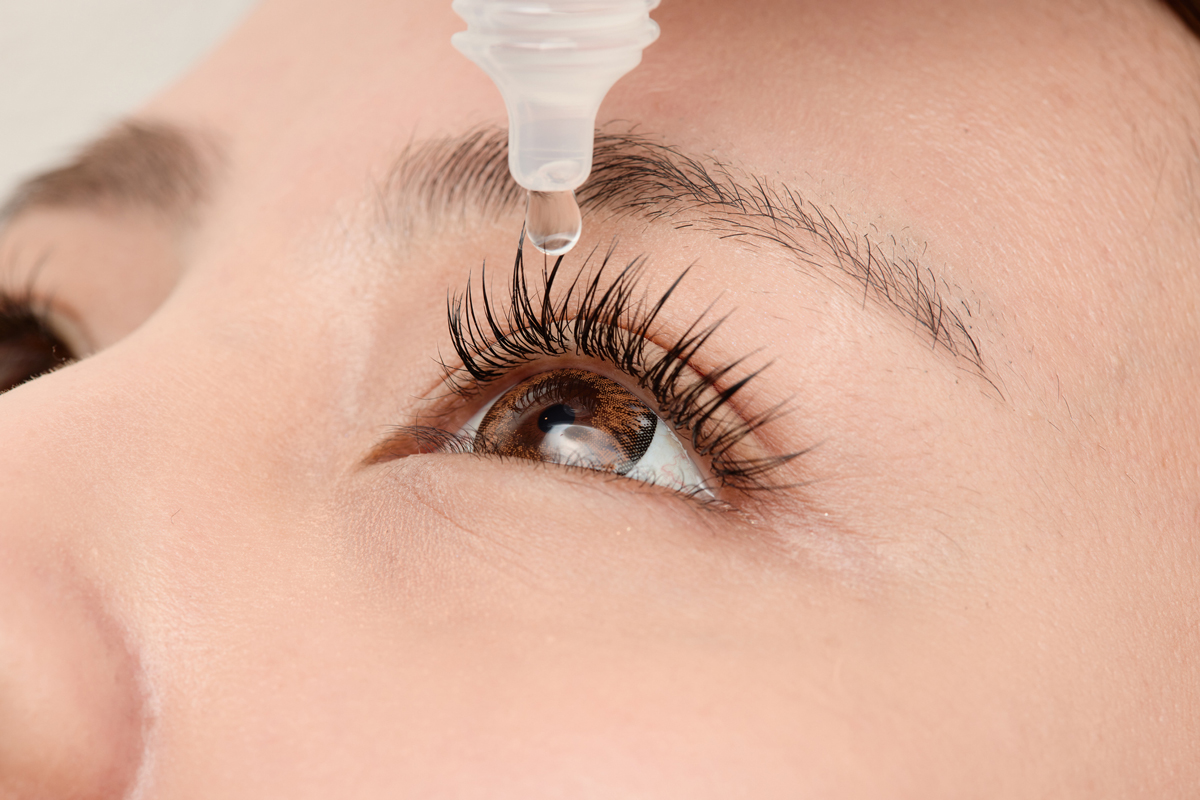 |
Patients who develop allergic contact dermatitis from eye drops are more likely to be of older age, study finds. Photo: Getty Images. |
Although oral meds have a role in many ocular conditions, the lifeblood of medical eyecare is topical therapy. Unfortunately, quite a lot of those drops cause skin reactions in patients, it seems. A recent study, which sought to characterize patients with suspected allergic contact dermatitis caused by topical ophthalmic medications, confirmed that most sufferers are of older age and that antibiotics figure prominently in the relationship.
Retrospective data was collected from 65 patients with suspected allergic contact dermatitis of the eyelids caused by topical ophthalmic medications; they were patch tested using a series of topical drugs and excipients (drug vehicles, preservatives and other inactive agents), including betaxolol and timolol 5%. Frequently used ophthalmic medications as well as the patient’s own products were patch tested as is in most patients.
The researchers found that positive patch tests to ophthalmic medications occurred in 68% of patients, with 102 positive reactions. Of those reactions, 55% were associated with active ingredients, especially aminoglycoside antibiotics (26.5% of cases) and excipients (23.5%). The authors concluded that this study also raises awareness of the sensitization to beta-blockers, as 21.6% of skin reactions occurred from use of topical products “as is” (i.e., rather than testing specific elements of the formula in isolation) and most of these results were found with topical beta-blockers.
“Testing with patients’ own products may be useful when no commercialized allergens are available or to circumvent the low sensitivity of the patch testing for some suspected ingredients, but multicenter studies to find standardized patch test material for testing anti-glaucoma eye-drops is a real unmet need,” they wrote in their paper for the journal Contact Dermatitis.
Alves PB, Figueiredo AC, Codeço C, et al. A closer look at allergic contact dermatitis caused by topical ophthalmic medications. Contact Dermatitis. June 17, 2022. [Epub ahead of print]. |


